Migration and Mobility During COVID-19: What the Swiss General Public Thinks

Switzerland severely restricted movements across and within its borders to cope with the COVID-19 pandemic. How supportive were the Swiss residents of these measures? And who did they think should still be allowed to enter Switzerland even when the borders were generally closed? The results show that Swiss residents support movement restrictions and – especially on the right-wing side – are reluctant to grant access to individuals seeking asylum in times of pandemic.
The measures introduced in Switzerland were similar to those implemented in many other countries around the world and represented drastic restrictions of cross-border mobility and, consequently also the rights of movement of both Swiss citizens, immigrants, and commuters. What this could mean for citizenship, migration and cross-border solidarity has been discussed by many (see e.g. L. Piccoli and J. Dzankic, March 2020; C. Hruschka, March 2020; K. Sandvik and A. Garnier, March 2020).
In this contribution, we show the extent of the support of the Swiss residents for travel restrictions based on a new survey of 1’535 Swiss residents, conducted during the pandemic and lockdown between April 22 and May 4, 2020. The respondents resemble the populations of the German- and French-speaking regions of Switzerland in terms of age groups, genders, and educational backgrounds.
National and international travel restrictions were supported
The first set of questions concerned the respondents’ views on the need for international and national travel restrictions as tools to contain the spread of COVID-19. As can be seen in the two figures below, there was an overwhelming support for the necessity of international travel restrictions. The Swiss residents supported also national travel restrictions, but to a noticeably lesser extent.
Graph 1: International travel restrictions are necessary to stop COVID-19
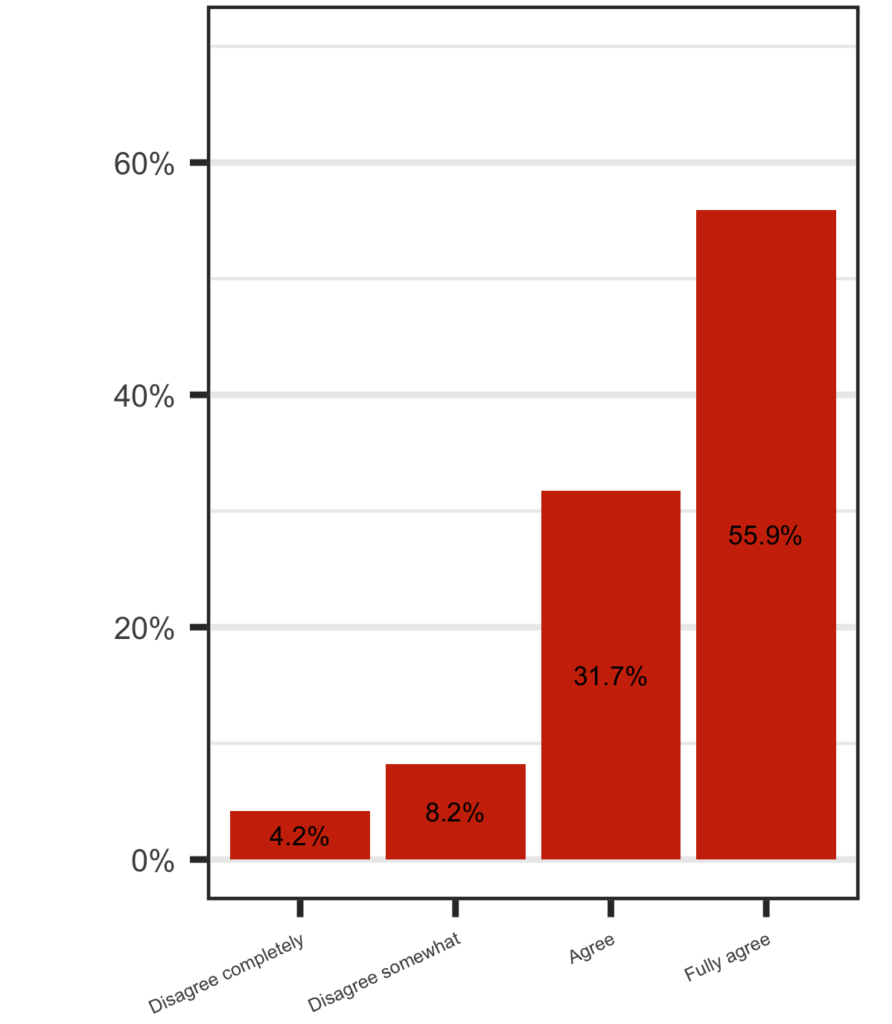
Graph 2: National travel restrictions are necessary to stop COVID-19
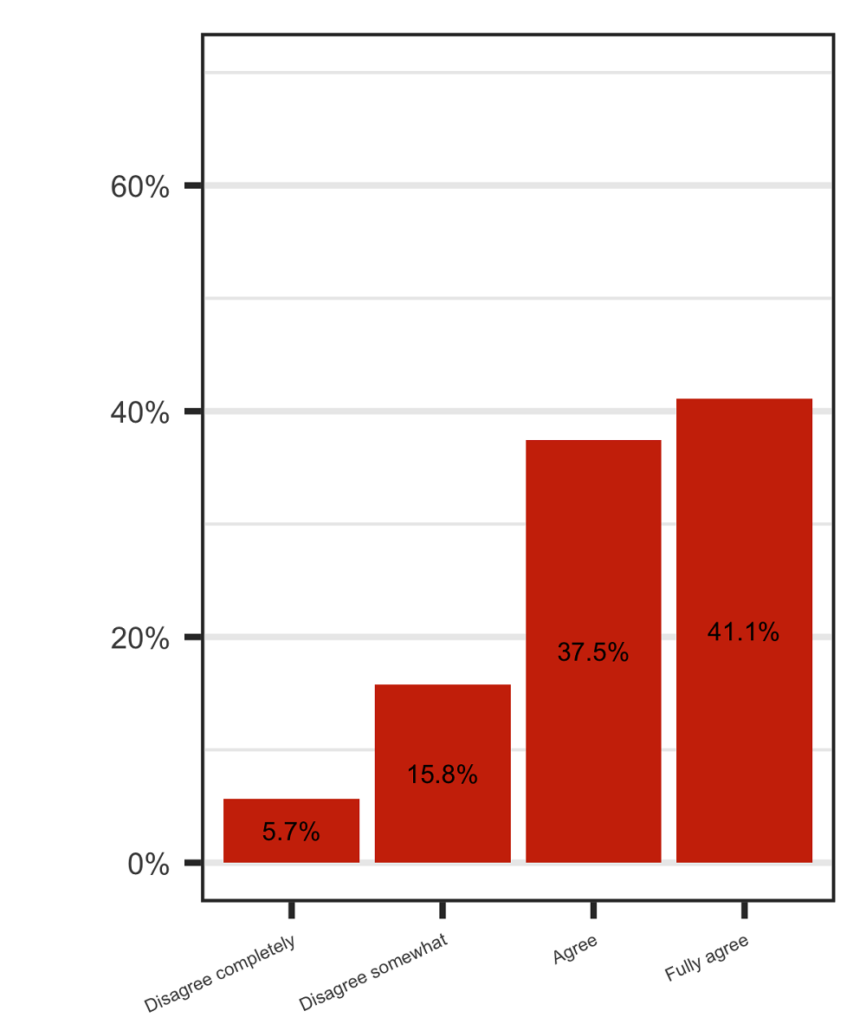
…but some exceptions should still be made
Despite the general popular support for travel restrictions, it could be seen that the Swiss population were still possibly open to permit some groups to enter into the country. Swiss citizens, for instance those returning on specially organized charter flights, or holders of permanent residency permits were seen as more entitled to enter than others.
Graph 3: Swiss citizens should be allowed to enter Switzerland
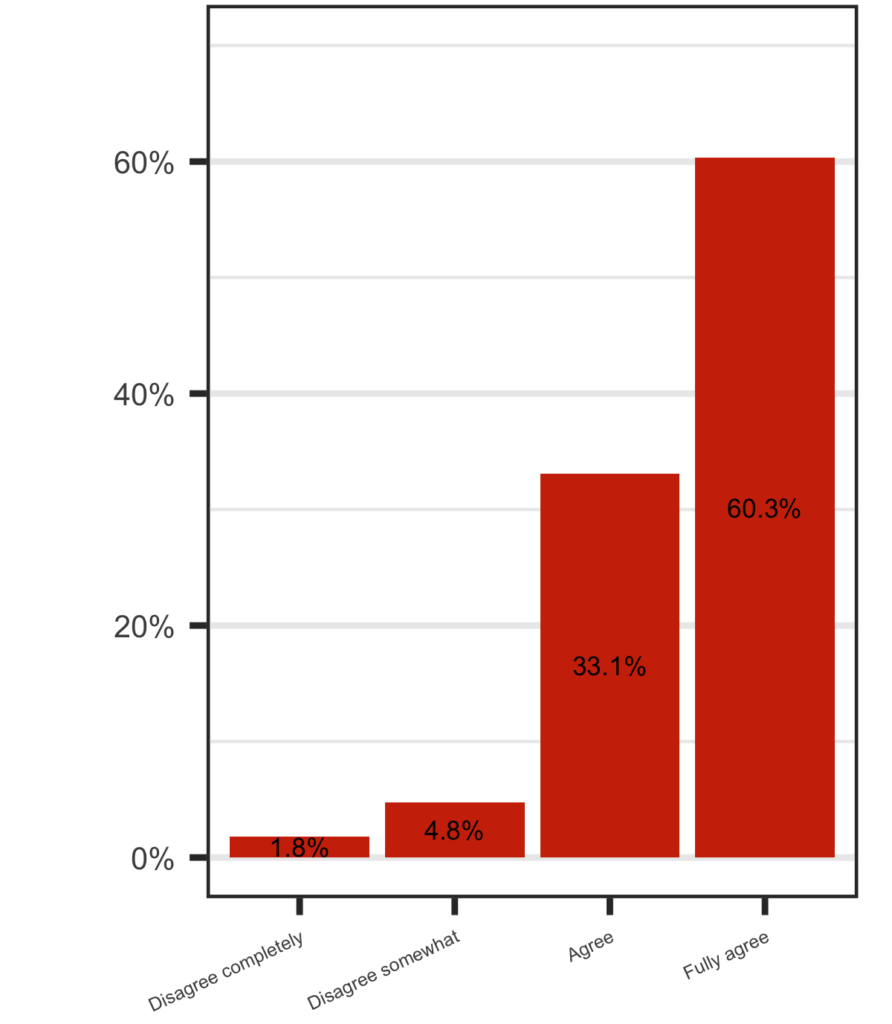
Graph 4: C-permit holders should be allowed to enter Switzerland
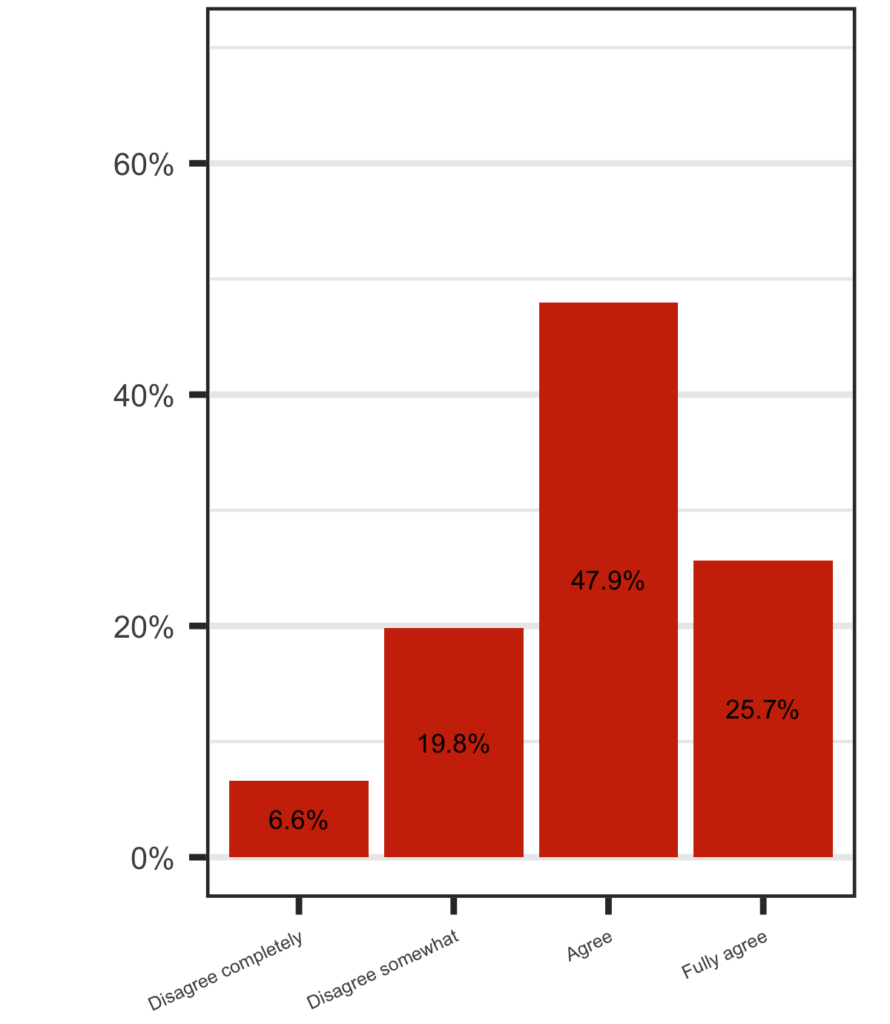
The Swiss residents got less permissive as we moved to immigrant groups and, within them, from more to less settled immigrants. Holders of valid residency permits (C- or other permits) could, according to our respondents, still be allowed to enter Switzerland, but a minority of between ca. 30%-35% disagreed at least to some extent that a valid residence or work permit was enough to grant access.
When asked about this, the respondents clearly indicated that they were very willing to allow Swiss citizen to return to their homeland, although a minority still either disagreed or strongly disagreed with this.
Graph 5: Holders of other permits should be allowed to enter Switzerland
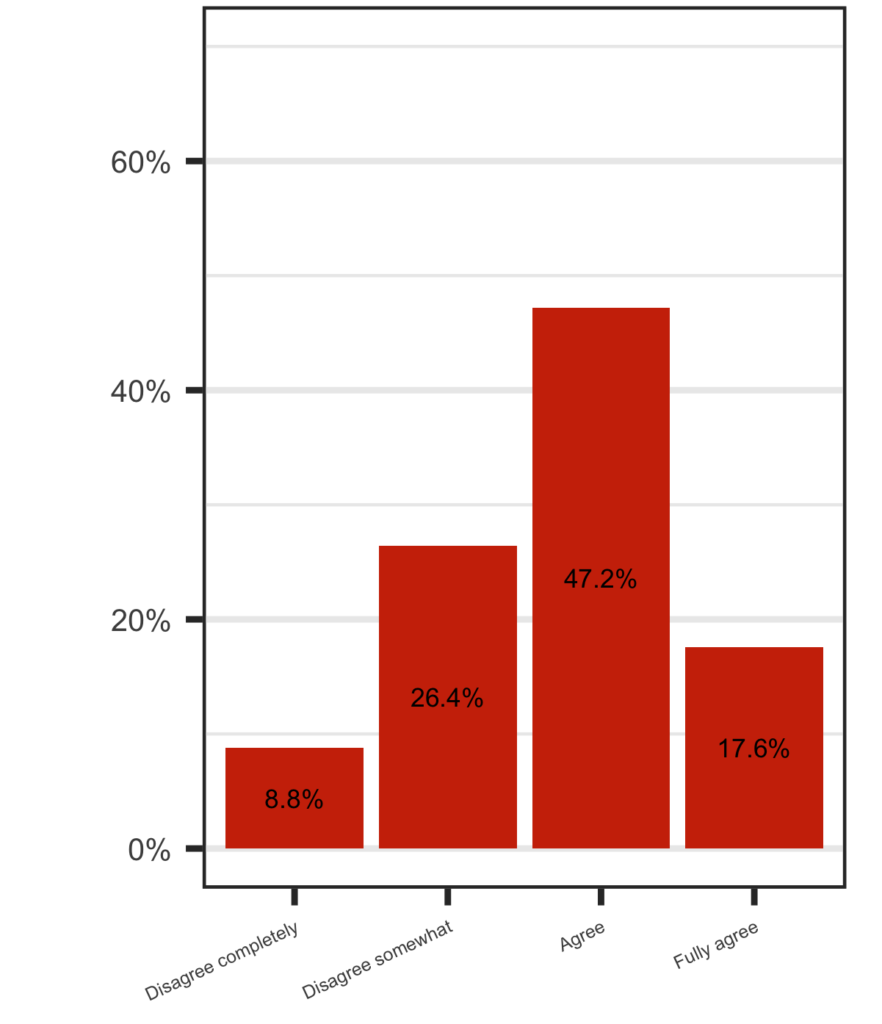
Graph 6: Asylum seekers should be allowed to enter Switzerland
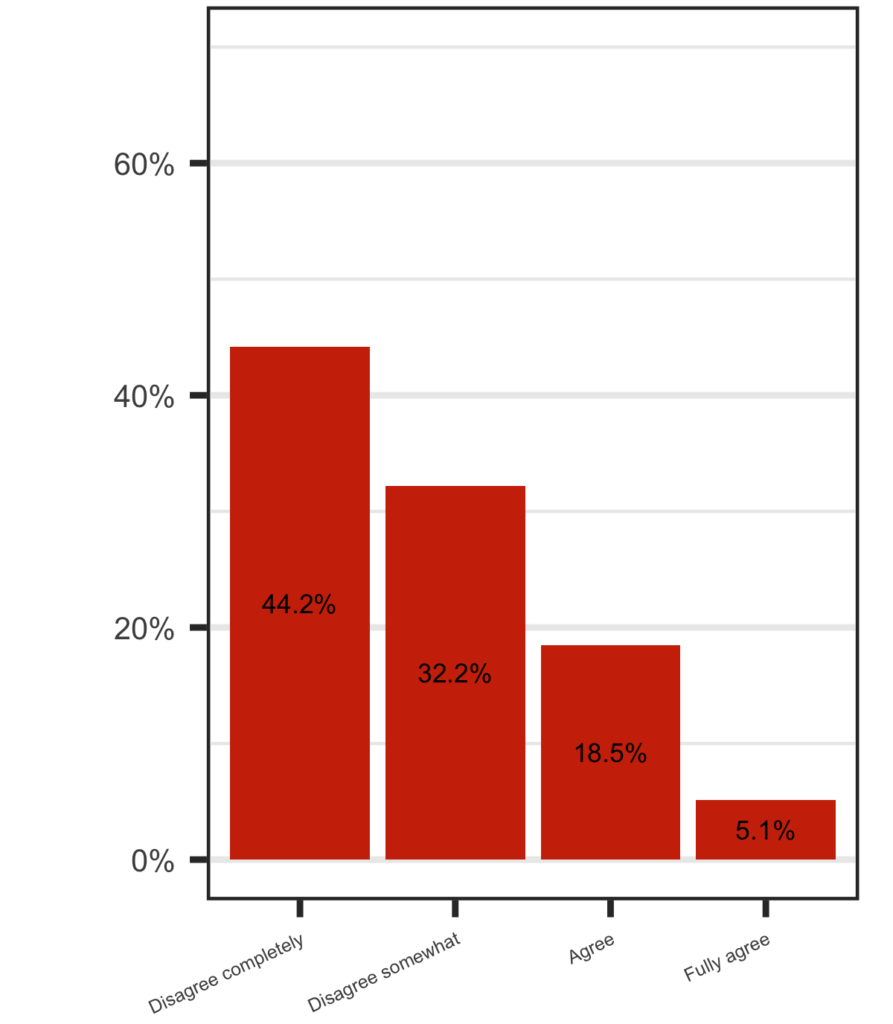
This lack of support to allow access is even more drastic when it comes to asylum seekers: a majority of our respondents disagreed that refugees should be granted access to Switzerland in order to ask for protection during a pandemic, even if they were most likely the strongest candidates in need of support, shelter and solidarity during this time.
It can therefore be concluded that the Swiss supported the imposition of travel restrictions more for some groups than others, with (understandably) fellow citizens being the most welcome group.
Partisan divides over mobility?
(Im-)migration has been one of the most controversial political topics in many countries, and Switzerland is clearly no exception here. We therefore found it likely that there would be strong differences between different groups of voters regarding mobility restrictions. Likely, voters who support leftist parties could be more permissive and open, whereas more conservative voters could be more opposed to free movement.
The respondents were divided according to the political parties they felt the closest to and their support for permitting Swiss citizens and asylum seekers to still enter the country within each partisan group was analyzed.
Graph 7: Party preference and support for permitting Swiss citizens to still enter the country
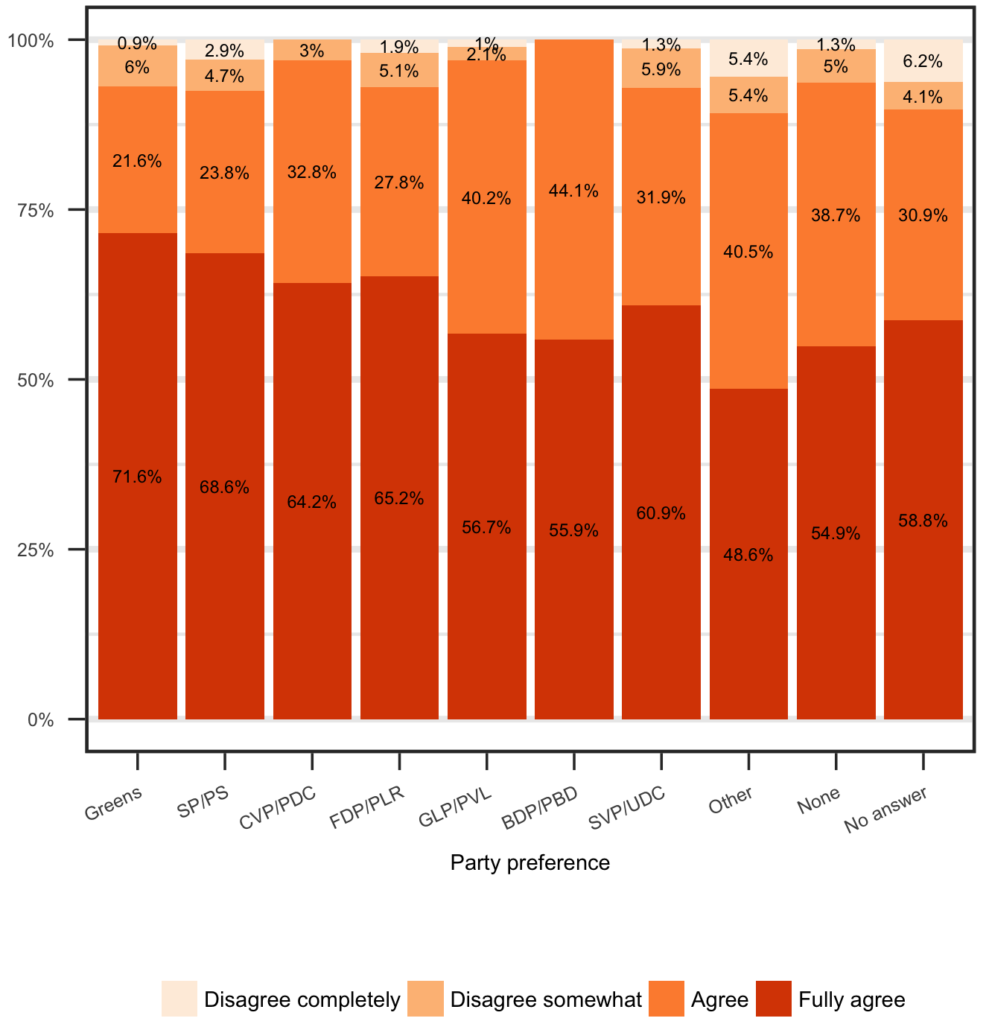
Our findings show that there were no major partisan divisions when it comes to the perceived mobility rights of Swiss citizens; across all voter groups, an overwhelming majority of around 90 percent agreed or fully agreed that Swiss citizens should still be allowed to enter the country. Somewhat of an exception were interviewees who felt close to smaller parties (“Others”), but even they were overall clearly supportive of allowing Swiss citizens to enter.
Graph 8: Party preference and support for permitting asylum seekers to still enter the country
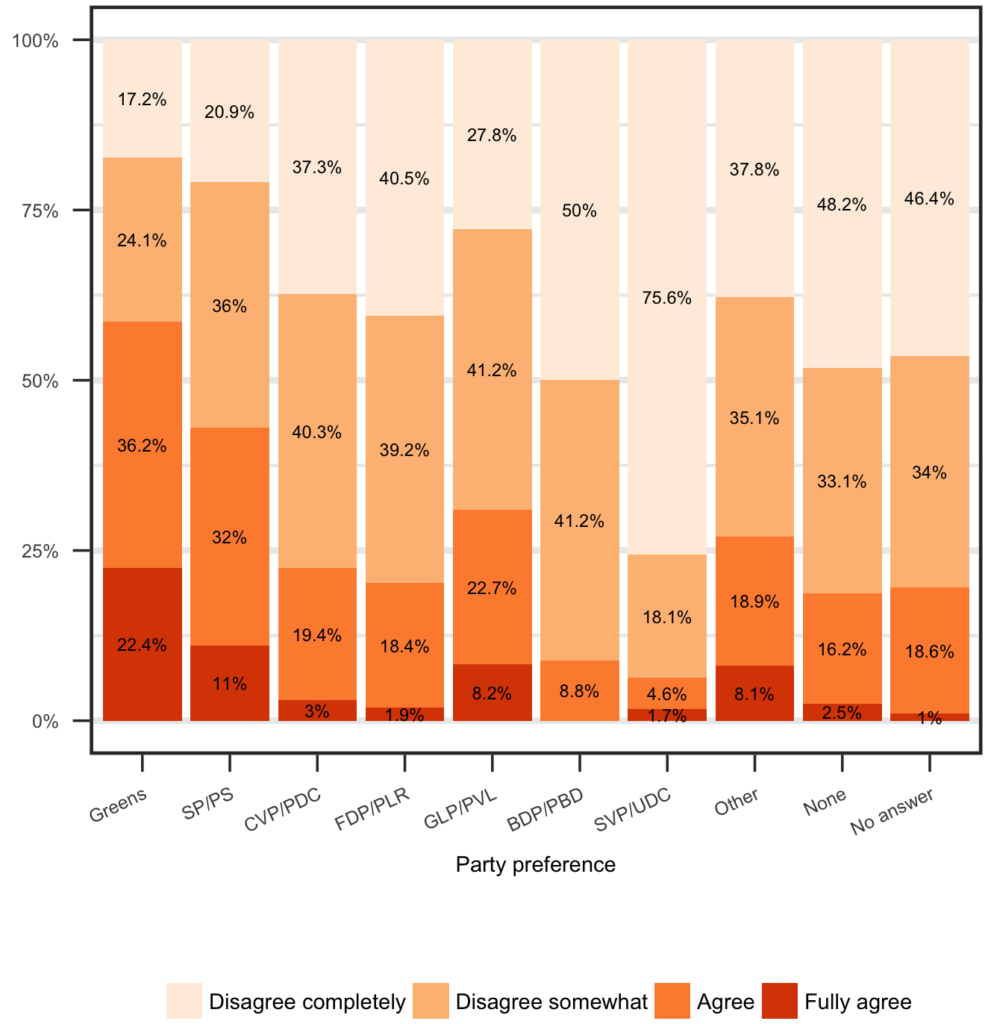
When looking at the support for letting asylum seekers to enter by voter groups, we found that support is much more muted, which is also in line with our findings above. In addition, stronger divides between voters could also be found. A majority of almost 60 percent of voters of the Green party in fact supported still admitting asylum seekers, whereas voters of the SVP/UDC overwhelmingly disagreed with letting asylum seekers enter. In both cases, the findings are arguably not very surprising, but show that cross-border mobility remains politically controversial, even in times of the COVID-19 pandemic.
To conclude Switzerland had, similarly to many other countries, introduced drastic restrictions of cross-border mobility. Overall, the Swiss population supported these, but would allow for exceptions for fellow Swiss citizens coming from abroad and already landed immigrants. It also appears that even in times of pandemics, some deeply engrained political divides concerning migration and mobility still persist.
Further information and additional results about the survey are available on an interactive data dashboard.
Carlo Knotz is SNSF Postdoctoral Researcher at the Swiss Graduate School for Public Administration in Lausanne, where he investigates the drivers and correlates of welfare deservingness perceptions, in particular towards immigrants. His previous work is concerned with the politics and effects of labor market activation policies and has been published in inter alia the European Sociological Review, Comparative Political Studies, and the Journal of Social Policy.
Mia Gandenberger is SNFS Doctoral Researcher at the Swiss Graduate School for Public Administration in Lausanne. Her research focuses on social and economic inequalities, migration, and public opinion towards redistribution in welfare states.
Flavia Fossati is Assistant Professor for Inequality and Integration Studies at the Swiss Graduate School for Public Administration in Lausanne. She has previously been appointed as Assistant Professor for Social Policy at the University of Vienna and has been a visiting fellow at EUI and at Malmö University. Her research interests include social and immigration policies as well as survey experiments. Her research is published, among others, by Cambridge University Press, the European Sociological Review and the International Migration Review.
Giuliano Bonoli is Professor of Social Policy at the Swiss Graduate School for Public Administration in Lausanne. His main research topic is the transformation and adaptation of European welfare states. Recently his work has focused on the challenges posed by migration and digitalization to social cohesion.


